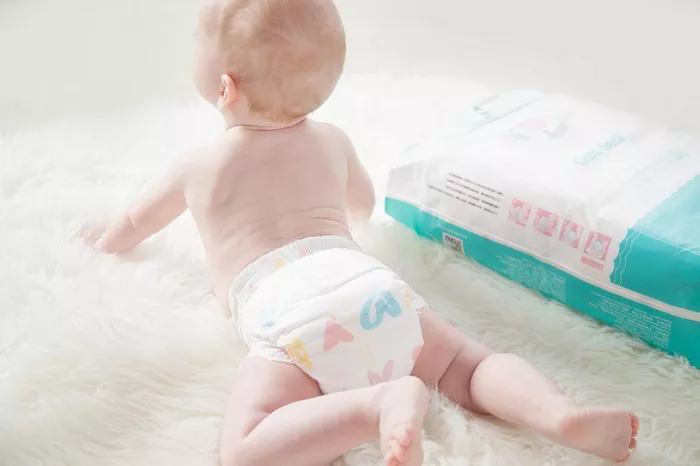The global population is aging, a trend the United Nations describes as “irreversible.” This shift is driven by longer lifespans and smaller families.
A UN report from last year predicts that the number of people aged 65 and older will more than double to 1.6 billion by 2050. In Japan, this demographic change is impacting one of the world’s largest economies, with a growing elderly population and fewer children being born.
In early June, Japan reported a record low of 727,277 births in 2023, marking the eighth consecutive year of decline since the country began keeping records over 120 years ago.
Earlier this year, Japan announced that one in ten people are now aged 80 or older, making it the oldest country in the world. Nearly 30% of Japan’s population was 65 or older last year.
In June 2023, Prime Minister Fumio Kishida introduced a multi-billion dollar initiative to encourage more births. Japan faces a demographic crisis that threatens pension funding and healthcare as the workforce decreases and demand from the aging population increases.
The aging population is also reshaping the consumer market. Demand for adult diapers in Japan is rising, while the need for baby diapers is decreasing.
Euromonitor International reported that the global market for adult diapers was valued at $12.8 billion in 2023 and is expected to reach almost $15.5 billion by 2026. In Japan, the adult diaper market was worth $1.7 billion in 2023 and is projected to grow to $1.9 billion by 2026, making up more than 12% of the global market.
One company adapting to this shift is Oji Holdings, which announced in March that it would stop producing baby diapers for the Japanese market to focus on adult incontinence products. The company will continue its overseas baby diaper business, with sales growing in China, Indonesia, and Malaysia despite a domestic slowdown. In Japan, Oji sold 7.3% more adult diapers than baby diapers in 2023.
Other Japanese companies are also adjusting to the aging population. Panasonic has been developing products for older adults since 1990. Kitchen appliance manufacturer Zojirushi offers features aimed at seniors, like electric teapots that send email notifications to relatives when in use.
Japan is not alone in facing an aging population. South Korea, with the world’s lowest fertility rate, reported a new low of 0.72 babies per woman in 2023, down from 0.78 in 2022. In response, the government has created the Ministry of Low Birth Rate Counter-Planning. Birth rates are also falling in Hong Kong, China, and Taiwan.
The UN forecasts that by 2050, six Asian countries or territories will be among the top 10 with the largest share of people aged 65 or older, with Hong Kong at the top. By 2100, Africa is expected to be the only region where seniors will make up less than 15% of the population. In Europe, North America, and Latin America and the Caribbean, the proportion of older citizens is expected to exceed 30% by then.
Currently, Europe and North America have the highest share of older citizens, but Northern Africa, Western Asia, and sub-Saharan Africa are projected to see the fastest growth in their elderly populations over the next 30 years.


